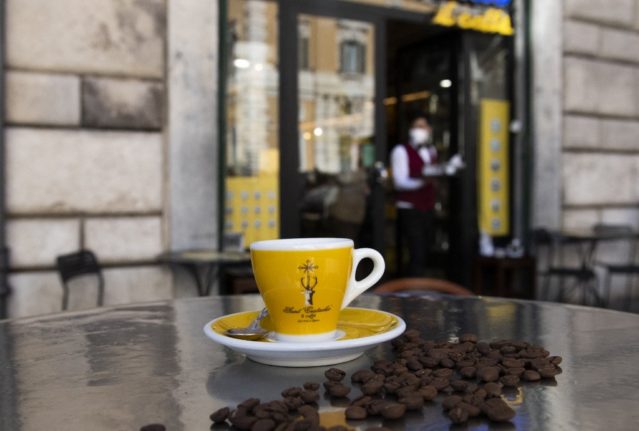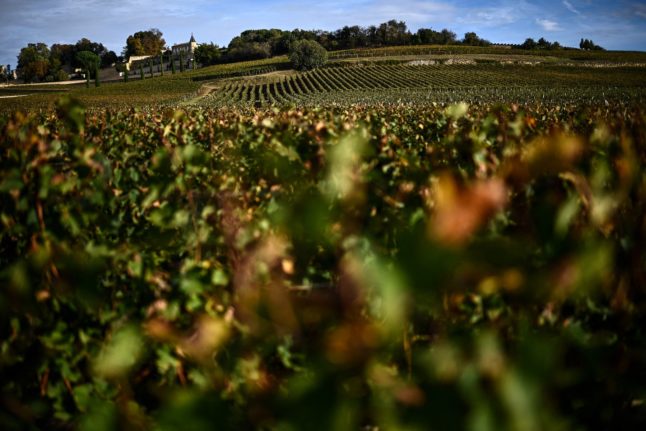Music or coffee? This was essentially the tough choice Italy’s National Committee for Unesco was faced with when deciding which treasured Italian art form to recommend for recognition this year.
In the end, the committee on Monday chose to put forward the art of opera singing as the country’s candidate – meaning the art of making espresso coffee will not be considered for addition to the list alongside Neapolitan pizza-making after all.
On announcing the decision, the committee did not give any reason for its selection though said the much-discussed and somewhat controversial application for the candidacy of espresso coffee had been “highly appreciated”.
“With the candidacy of the Italian opera to the world’s intangible heritage, Italy is aiming to get recognition for one of its most authentic and original cultural expressions,” said culture minister Dario Franceschini after the committee’s decision.
“Italian opera singing is an integral part of the world’s cultural patrimony, which provides light, strength and beauty in the darkest hours”.

The announcement came as a boost for those working in opera houses and theatres across Italy after the Italian arts an cultural sector was hit hard by pandemic-related closures.
Italy has around 60 opera houses – the most in the world.
“Opera was born in Italy,” said Stephane Lissner, the French director of the San Carlo theatre in Naples, which opened in 1737 and claims to be the world’s oldest opera house.
“In the 19th century, when you arrived in any Italian town, the entire population sang opera arias. It was normal,” he told AFP.
Compared to France or Germany, he said: “Italy is different, Italian theatres are different… and if you go into the villages, they’re not even towns, you find small theatres.”
In Italy, lyrical music “is not just reserved for the elite”, he added, although he said “the majority of the public cannot pay certain ticket prices and has been abandoned”, which he said was a “huge error”.
In contrast, Italian coffee is an everyday pleasure enjoyed by the majority of the population – and the price of an espresso is kept below the symbolic threshold of one euro at most local bars due to the widespread belief that the drink should be accessible to all.
READ ALSO: Where, when and how to drink coffee like an Italian
In fact, it’s not unusual for people to avoid bars that charge more than one euro for un caffè normale, even if that’s for a better-quality cup – with some reports of customers even complaining to the police about being charged higher prices for artisanal or specialist coffees.
But this focus on keeping the price of Italian coffee low may be part of the reason the Unesco bid was rejected, according to food writer Nunzia Clemente in Naples.
“90-cent coffee shouldn’t make us proud,” Clemente wrote in a post on Italian food blog Dissapore.
Pointing to examples of corner-cutting by bar owners struggling to make a profit, she said “the final result is, half the time, bad to say the least”.
Unesco’s ruling on the bid for recognition of opera is due at the end of the year.



 Please whitelist us to continue reading.
Please whitelist us to continue reading.
Member comments